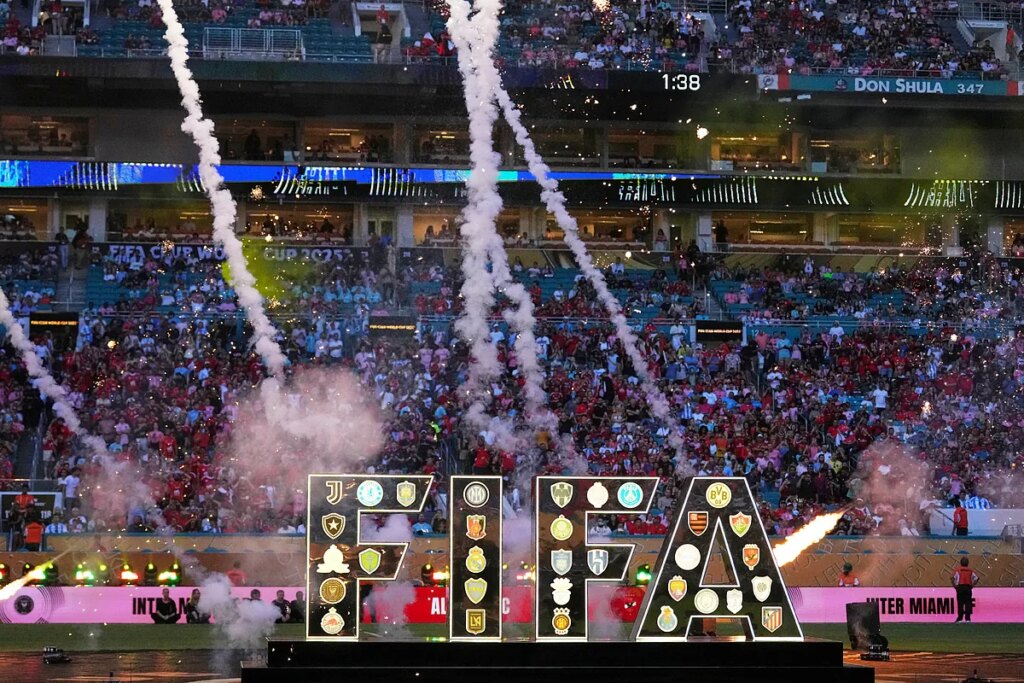The FIFA Club World Cup has undeniably captured the global football imagination. Once dismissed by some as a niche tournament, it’s now a must-watch spectacle, commanding center stage for fans worldwide. Its revamped format has proven transformative, leveraging every storyline and moment of the beautiful game to fuel skyrocketing engagement and viewership.
Following expressions of interest from football powerhouses like Spain and Brazil, Morocco has now formally entered the race for the 2029 tournament. The North African nation is actively exploring bid requirements, signaling serious intent. Notably, Morocco’s candidacy emerges separately from its 2030 World Cup partner Spain, highlighting the tournament’s standalone prestige.
The North African nation is actively investigating bid requirements and timelines, signaling serious intent to secure the 2029 tournament – notably pursuing it independently from Spain, its partner in the joint 2030 World Cup bid.
The simultaneous interest from three football powerhouses validates the tournament’s elevated status, proving clubs and federations now see it as a crown jewel worth competing for – a dramatic shift from its former niche perception.
While the format’s success is undeniable, the scramble to host exposes unresolved challenges – primarily fixture congestion – though federations clearly prioritize the tournament’s commercial and sporting value over logistical hurdles.
With Morocco’s entry cementing the Club World Cup as football’s newest prestige asset, FIFA’s gamble has paid off: the tournament isn’t just surviving – it’s poised to become a defining pillar of the global game.
Read the full article here

